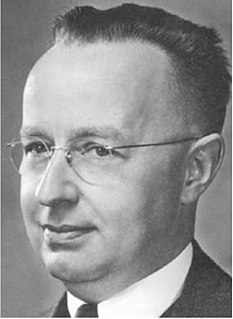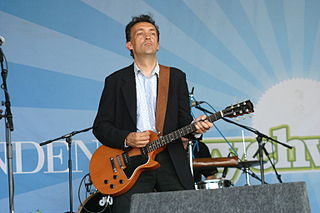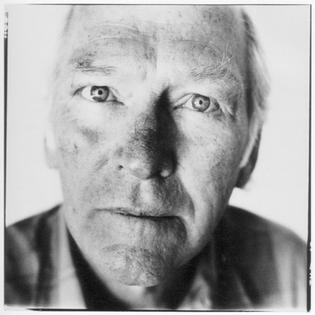A Quote by Etienne Bonnot de Condillac
But, after all, the sciences have made progress, because philosophers have applied themselves with more attention to observe, and have communicated to their language that precision and accuracy which they have employed in their observations: In correcting their language they reason better.
Related Quotes
I think one reason is that philosophers are more insecure to speak accessibly because non-philosophers are skeptical that philosophers have any special expertise. After all, all people - not just philosophers - have attitudes and points of view on various philosophical questions, and they rather resent being told that there are professionals who can think about these things better.
There is no such thing as a language, not if a language is anything like what many philosophers and linguists have supposed. Thereis therefore no such thing to be learned, mastered, or born with. We must give up the idea of a clearly defined shared structure which language-users acquire and then apply to cases.
If you track something like a political campaign and parcel out what's being communicated in a literal and narrative sense, and what's being communicated by means of emotional and symbolic language, you might find that it's the latter elements that absolutely dominate and move people. It makes me want to take that language and expose it.
Of Cooking. This is an art of various forms, the object of which is to give ordinary observations the appearance and character of those of the highest degree of accuracy. One of its numerous processes is to make multitudes of observations, and out of these to select only those which agree, or very nearly agree. If a hundred observations are made, the cook must be very unhappy if he cannot pick out fifteen or twenty which will do for serving up.
Being a slow reader would normally be a deficiency; I found a way to make it an asset. I began to sound words and see all those qualities - in a way it made words more precious to me. Since so much of what happens in the world between human beings has to do with the inconsideration of language, with the imprecision of language, with language leaving our mouths unmediated, one thing which was sensuous and visceral led to, in the use of language, a moral gesture. It was about trying to use language to both exemplify and articulate what good is.
We believe we can also show that words do not have exactly the same psychic "weight" depending on whether they belong to the language of reverie or to the language of daylight life-to rested language or language under surveillance-to the language of natural poetry or to the language hammered out by authoritarian prosodies.
I am very happy to be able to cross borders to go to China, to Mexico, to America, everywhere, and there is an instant understanding of what I do. This is incredibly beautiful because you've suddenly communicated with everyone without speaking the same language. The language of music is able to go anywhere.









































